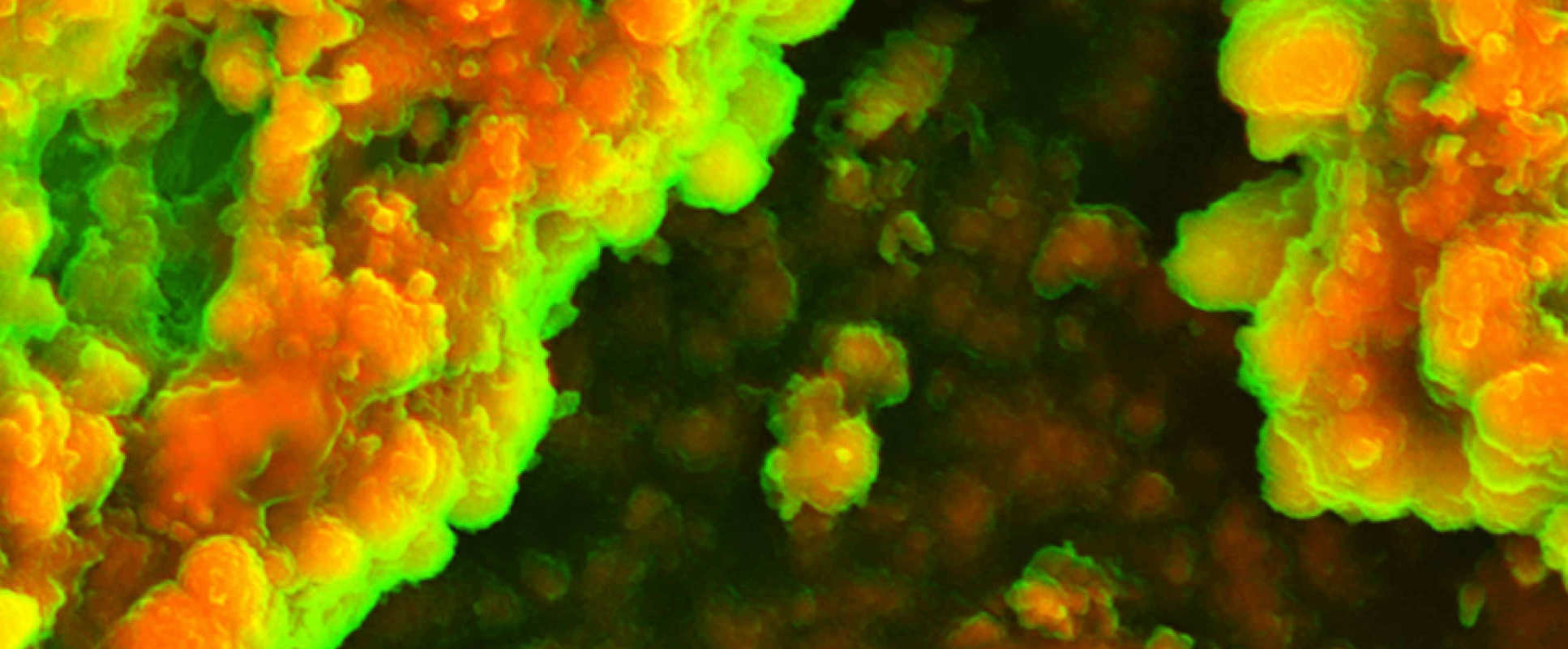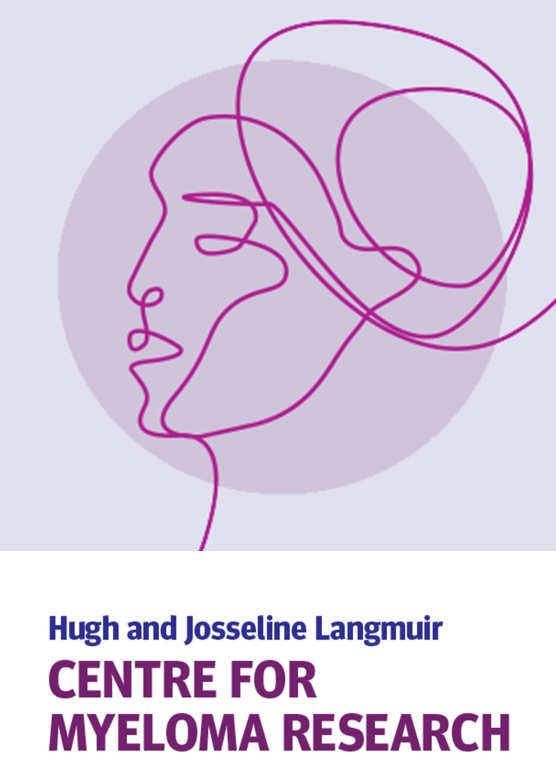Areas of research
Proteotoxic stress and metabolism
Myeloma cells are characterised by a unique sensitivity to inhibitors of the proteasome, which is responsible for the controlled degradation of most cellular proteins that have become damaged or are otherwise unwanted. Nevertheless, resistance to proteasome inhibitors occurs in essentially all patients to varying degrees. Accumulation of misfolded proteins in the endoplasmic reticulum (ER), which triggers proteotoxic ‘ER stress’, is widely believed to be the main mechanism of action of proteasome inhibitors. However, data from our lab and other research groups suggest complex interactions between proteasomal protein degradation and multiple metabolic processes. Our aim is to find metabolic and proteostatic vulnerabilities that we can exploit therapeutically.
Tissue biophysics in myeloma biology
Several important aspects of cancer cell biology are influenced by mechanical cues from the surrounding tissue. In particular, mechanical interactions and matrix remodelling have been shown to govern cancer cell metabolism. Tissue stiffness also impacts on normal haematopoiesis, and mechanical cues are known to modulate therapeutic responses. Moreover, we have shown that proteostasis-targeting drugs can alter tissue physical properties. We aim to understand how tissue stiffness and nutrient availability act together to rewire metabolic networks and regulate drug responses in myeloma.

